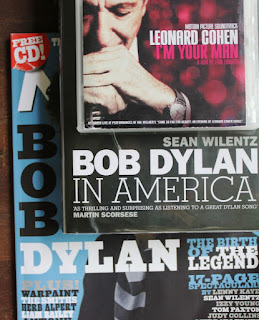Allapu/allapo is a generic (kankanaey) term in the Philippine Cordillera meaning grandparent or ancestor.
Apu/apo is the same term in other ethnic groups and is also the spoken word in Mainit.
When I was a child living in the barrio, I used to look forward to visits from my apos. Not least because of the food items they always brought with them, and they would always bring the finest from their kitchen and from elsewhere, but also because of the pearls of wisdom and lessons from their stories and tales of sang-adum.
This tradition continued as we were growing up, through to starting school. But throughout the rest of primary school and high school years in the capital town of Bontoc, I always looked forward, during vacations and school breaks, to visiting my grandmother, and the many aunties and uncles and cousins in the village. (Mainit is a lazy 3-4 hour hike from Bontoc).
Apo never went to school
but she is as wise as a biblical sage.
Let us heed these words as we partake of the fruits of our labor,
or share in stolen goods...
And know too that thieves may be lurking in an alley,
or lording it in high office...
Apu/apo is the same term in other ethnic groups and is also the spoken word in Mainit.
When I was a child living in the barrio, I used to look forward to visits from my apos. Not least because of the food items they always brought with them, and they would always bring the finest from their kitchen and from elsewhere, but also because of the pearls of wisdom and lessons from their stories and tales of sang-adum.
This tradition continued as we were growing up, through to starting school. But throughout the rest of primary school and high school years in the capital town of Bontoc, I always looked forward, during vacations and school breaks, to visiting my grandmother, and the many aunties and uncles and cousins in the village. (Mainit is a lazy 3-4 hour hike from Bontoc).
I remember one day, quite vividly, she was saying something ( i was never very attentive to my elders)-
“Aka kay ay apok ta jengrem
ta hamet se-semken:
Na makan ay ninling-etan, uray no ak-akitan, uray no hiya yanggay, maag chadlo inlami-is.
Ngem na makan ay inakeo, uray angsa-angsan, uray no kaman chinomno, inpait kayet.
Inpa-ogyok.”
My rough translation of these words:
"Come now child and hear what my apos used to say
And that you heed the words:
The food from your sweat is sweetest, no matter how little, no matter how simple or humble.
Yet though lavish or extravagant a banquet or feast that is thieved,
is bland and bitter, and will make you sick."
is bland and bitter, and will make you sick."
but she is as wise as a biblical sage.
Let us heed these words as we partake of the fruits of our labor,
or share in stolen goods...
And know too that thieves may be lurking in an alley,
or lording it in high office...









